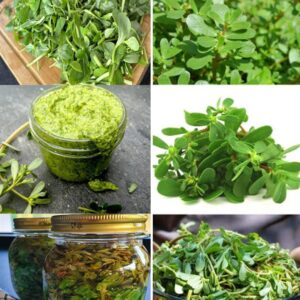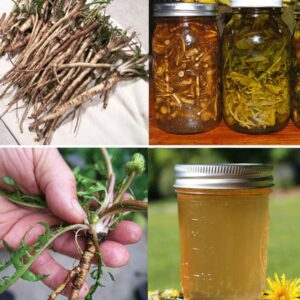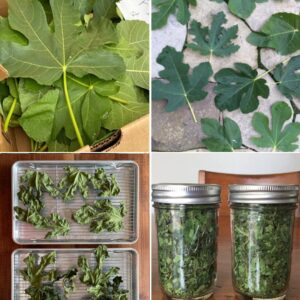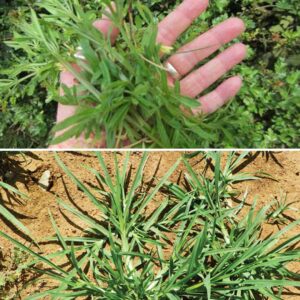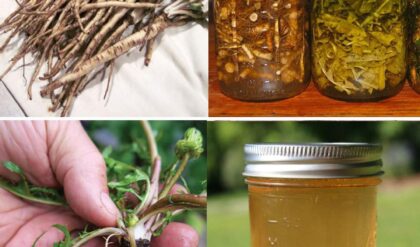Lemongrass, known scientifically as Cymbopogon citratus, is a popular herb used in culinary and medicinal practices across the globe. While it’s commonly associated with adding flavor to dishes, its leaves are also utilized to brew a refreshing and aromatic tea. Beyond its pleasant taste and aroma, lemongrass tea offers a plethora of health benefits that have made it a staple in traditional medicine for centuries.

Nutritional Composition of Lemongrass
Vitamin C: Known for its immune-boosting properties, vitamin C is abundant in lemongrass and plays a crucial role in maintaining overall health.
Vitamin A: Essential for vision health and immune function, vitamin A is present in lemongrass in significant amounts.
Potassium: Important for regulating blood pressure and maintaining heart health, potassium is found in lemongrass and contributes to its nutritional value.
Iron: Vital for the production of red blood cells and oxygen transport, iron is another essential nutrient present in lemongrass.
Health Benefits of Lemongrass Tea
Boosts Immune Function: Thanks to its high vitamin C content, lemongrass tea can help strengthen the immune system, making the body more resilient to infections and illnesses.
Aids Digestion: Lemongrass contains compounds that have been shown to promote healthy digestion by stimulating the production of digestive enzymes. Drinking lemongrass tea after meals may help alleviate indigestion, bloating, and gas.

Relieves Stress and Anxiety: The soothing aroma of lemongrass tea has a calming effect on the mind and body, making it an excellent natural remedy for reducing stress and anxiety levels.
Supports Detoxification: Lemongrass tea acts as a mild diuretic, helping to flush out toxins from the body and support healthy kidney function. Its detoxifying properties can aid in cleansing the liver and improving overall detoxification processes.
Anti-inflammatory Effects: Compounds found in lemongrass possess anti-inflammatory properties that may help alleviate inflammation and pain associated with conditions like arthritis and muscle soreness.
How to Prepare Lemongrass Tea
Making lemongrass tea is simple and can be done using fresh or dried lemongrass leaves. Here’s a basic recipe:
Ingredients:
1-2 stalks of fresh lemongrass or 1-2 teaspoons of dried lemongrass leaves
1-2 cups of water
Optional: honey or lemon for added flavor
Instructions:
Wash the fresh lemongrass stalks thoroughly and remove any outer layers that may be tough or dried out. If using dried lemongrass leaves, skip this step.
Cut the lemongrass stalks into smaller pieces and bruise them gently with a knife or a rolling pin to release their flavor.
Bring the water to a boil in a saucepan.
Add the fresh or dried lemongrass to the boiling water and simmer for 5-10 minutes.
Remove the saucepan from the heat and let the tea steep for an additional 5 minutes.
Strain the tea into cups and sweeten with honey or lemon if desired.
Enjoy your freshly brewed lemongrass tea!
Lemongrass tea is not only a delicious and aromatic beverage but also a powerhouse of nutrients and health-promoting compounds. From boosting immune function to aiding digestion and reducing inflammation, the benefits of lemongrass tea are vast and diverse. Incorporating this refreshing herbal tea into your daily routine can be a simple yet effective way to support overall health and well-being.
News
Purslane: An Unrecognized, Health-Boosting Wonder Plant
Often overlooked and labeled as a common weed, purslane (Portulaca oleracea) is a resilient and nutritious plant that has been consumed for centuries across various cultures. Despite its humble appearance, this herbaceous plant boasts an impressive nutritional profile and a…
Dandelion roots are the most important part of the plant
Dandelion roots are considered crucial in herbal medicine and have various health benefits, often overshadowed by the focus on the flower or leaves. Here’s why the roots are valued: Nutritional Richness: Rich in Nutrients: Dandelion roots are packed with vitamins…
10 Surprising Fig Leaf health benefits
Fig leaves, often overlooked compared to the fruit, are packed with a variety of health benefits. From managing blood sugar to improving digestion, fig leaves can offer a natural remedy for many common health concerns. Here are 10 surprising health…
7 Surprising Benefits of Euphorbia Hirta
Euphorbia hirta, commonly known as Asthma Weed, Snake Weed, or Pill-Bearing Spurge, is a medicinal herb that has been used for centuries in traditional medicine. Native to tropical regions, this unassuming plant is packed with potent therapeutic properties that make…
The Healing Power of Goose Grass – A Backyard Miracle for Over 10 Ailments
Nestled within our own backyards, often overlooked and considered a mere weed, goose grass, or Galium aparine, holds a wealth of medicinal properties that have been cherished for centuries by herbalists and traditional healers. This unassuming plant, with its tiny…
Build Your Own Self Watering Containers
In the realm of gardening, one of the most significant challenges is ensuring consistent hydration for plants, especially during hot summers or when away on vacation. Traditional watering methods may not always suffice, leading to parched plants and diminished yields….
End of content
No more pages to load
